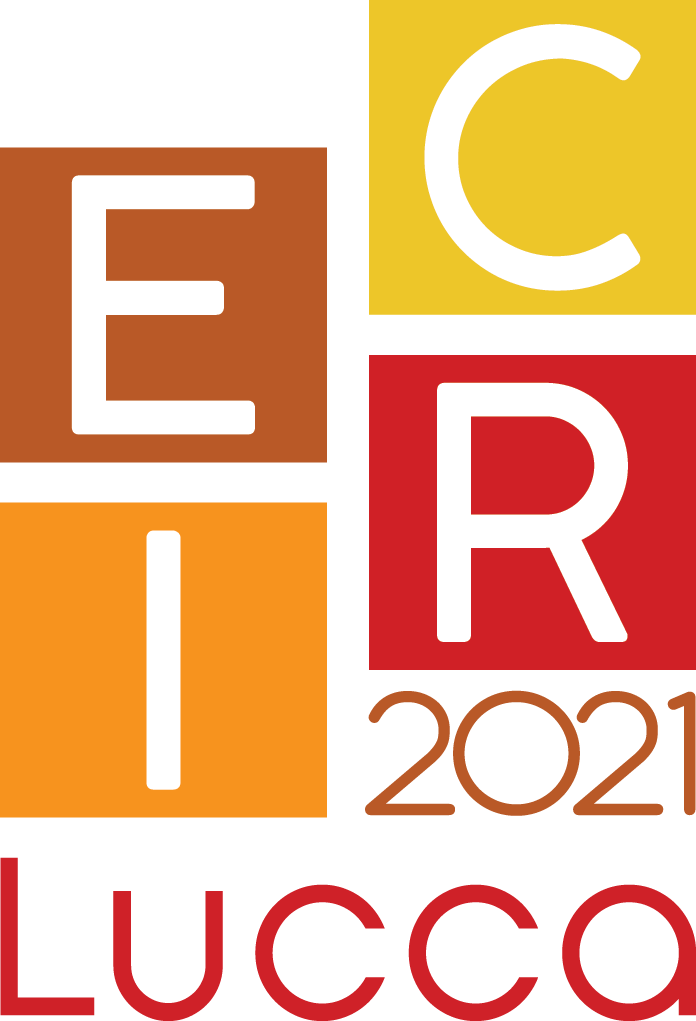Ethics in AI: A Challenging Task
Ricardo Baeza-Yates | Institute for Experiential AI @ Northeastern University
Abstract:
In the first part we cover current specific challenges: (1) discrimination (e.g., facial recognition, justice, sharing economy, language models); (2) phrenology (e.g., biometric based predictions); (3) unfair digital commerce (e.g., exposure and popularity bias); and (4) stupid models (e.g., Signal, minimal adversarial AI). These examples do have a personal bias but set the context for the second part where we address four generic challenges: (1) too many principles (e.g., principles vs. techniques), (2) cultural differences (e.g., Christian vs. Muslim); (3) regulation (e.g., privacy, antitrust) and (4) our cognitive biases. We finish discussing what we can do to address these challenges and the near future.
Short Bio
 Ricardo Baeza-Yates is Research Professor at the Institute for Experiential AI of Northeastern University. He is also part-time professor at Universitat Pompeu Fabra in Barcelona and Universidad de Chile in Santiago. Before, he was VP of Research at Yahoo Labs, based in Barcelona, Spain, and later in Sunnyvale, California, from 2006 to 2016. He is co-author of the best-seller Modern Information Retrieval textbook published by Addison-Wesley in 1999 and 2011 (2nd ed), that won the ASIST 2012 Book of the Year award. From 2002 to 2004 he was elected to the Board of Governors of the IEEE Computer Society and between 2012 and 2016 was elected for the ACM Council. Since 2010 is a founding member of the Chilean Academy of Engineering. In 2009 he was named ACM Fellow and in 2011 IEEE Fellow, among other awards and distinctions. He obtained a Ph.D. in CS from the University of Waterloo, Canada, in 1989, and his areas of expertise are web search and data mining, information retrieval, bias on AI, data science and algorithms in general.
Ricardo Baeza-Yates is Research Professor at the Institute for Experiential AI of Northeastern University. He is also part-time professor at Universitat Pompeu Fabra in Barcelona and Universidad de Chile in Santiago. Before, he was VP of Research at Yahoo Labs, based in Barcelona, Spain, and later in Sunnyvale, California, from 2006 to 2016. He is co-author of the best-seller Modern Information Retrieval textbook published by Addison-Wesley in 1999 and 2011 (2nd ed), that won the ASIST 2012 Book of the Year award. From 2002 to 2004 he was elected to the Board of Governors of the IEEE Computer Society and between 2012 and 2016 was elected for the ACM Council. Since 2010 is a founding member of the Chilean Academy of Engineering. In 2009 he was named ACM Fellow and in 2011 IEEE Fellow, among other awards and distinctions. He obtained a Ph.D. in CS from the University of Waterloo, Canada, in 1989, and his areas of expertise are web search and data mining, information retrieval, bias on AI, data science and algorithms in general.
Karen Sparck Jones Lecture
Learning with Limited Labeled Data: The Role of User Interactions
Ahmed H. Awadallah | Microsoft Research
Abstract:
Modern machine learning applications have enjoyed a great boost utilizing neural networks models, allowing them to achieve state-of-the-art results on a wide range of tasks. Such models, however, require large amounts of annotated data for training. In many real-world scenarios, such data is of limited availability due to the time and expense of labelling data and the private and personal nature of some of these datasets. Meanwhile, many real-world applications have rich meta-data in the form of user interaction and feedback. Research on information access and retrieval has demonstrated the benefits of learning from user interaction, for many applications such as ranking search results and enabling users to interactively use the system, refining, and repairing mistakes to reach their goals. In this presentation, I will reflect on lessons learned from work in this area, present some technical solutions and discuss open problems and outstanding challenges.
Short Bio
 Ahmed Awadallah is a Principal Research Manager at Microsoft Research where he leads the Language & Information Technologies group. His research interests lie at the intersection of machine learning, natural language processing and information retrieval. Most recently, his research has focused on formulating new learning and evaluation strategies that leverage human interaction and user behavior and building NLP systems in domains where hand-labeled training sets are limited. Ahmed’s work adopts a multi-disciplinary perspective spanning NLP and IR and considerably cares about translating research gains into real-world settings to achieve real-world impact.
Ahmed Awadallah is a Principal Research Manager at Microsoft Research where he leads the Language & Information Technologies group. His research interests lie at the intersection of machine learning, natural language processing and information retrieval. Most recently, his research has focused on formulating new learning and evaluation strategies that leverage human interaction and user behavior and building NLP systems in domains where hand-labeled training sets are limited. Ahmed’s work adopts a multi-disciplinary perspective spanning NLP and IR and considerably cares about translating research gains into real-world settings to achieve real-world impact.
Untraditional (Computer) Medicine
Ophir Frieder | Georgetown University – USA
Abstract
Computing continues to change the landscape of nearly all domains, medicine included. Drug resistance is predicted and avoided via data mining applications and disease outbreak is detected early via text mining techniques. These are but just some examples where computing is reshaping medical practice. Specifically, we describe the monitoring of social media to detect disease outbreak and describe the implications of such surveillance schemes to healthcare planning for a major children-focused hospital. We continue by highlighting a deployed data unification system that integrates dispersed medical history, forming patient-centered, life-long medical records; this integration enables accurate mining approaches, likewise described, that significantly improve drug prescription accuracy. Other medically oriented mining and search applications are mentioned.
Short Bio
 Ophir Frieder focuses on scalable information processing systems with particular emphasis on health informatics. He is a Fellow of the AAAS, ACM, AIMBE, IEEE, and NAI, an inaugural Member of the ACM SIGIR Academy, and a Member of Academia Europaea and the European Academy of Sciences and Arts. Heavily involved with industrial efforts, he is the Chief Scientific Officer of Invaryant, Inc. and the Lead Science and Technology Advisor for Aurora: The Business Forge. He is a member of the Information Retrieval Lab and computer science faculty at Georgetown University and the biostatistics, bioinformatics and biomathematics faculty in the Georgetown University Medical Center.
Ophir Frieder focuses on scalable information processing systems with particular emphasis on health informatics. He is a Fellow of the AAAS, ACM, AIMBE, IEEE, and NAI, an inaugural Member of the ACM SIGIR Academy, and a Member of Academia Europaea and the European Academy of Sciences and Arts. Heavily involved with industrial efforts, he is the Chief Scientific Officer of Invaryant, Inc. and the Lead Science and Technology Advisor for Aurora: The Business Forge. He is a member of the Information Retrieval Lab and computer science faculty at Georgetown University and the biostatistics, bioinformatics and biomathematics faculty in the Georgetown University Medical Center.
